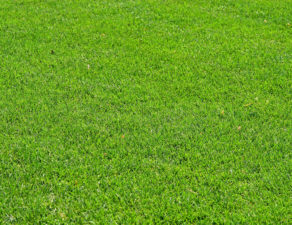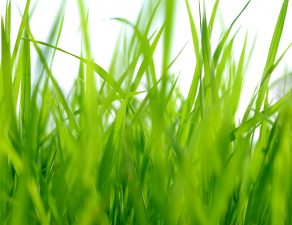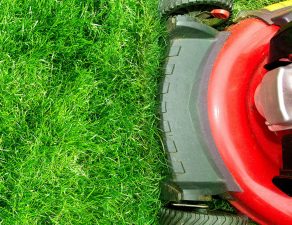In the landscaping world, we’re often asked this question by frustrated homeowners: I tried to grow a lush green lawn this summer, but after investing my time and money in grass seed, I wound up with a barren, dead yard! What happened? Isn’t summer the growing season?
We often think of the warm months as “growing season” because so many edible crops do well at that time of year. But for grass, summer is not the ideal time of year to start from seed. Why? Grass grown from seed needs a lot of water to become established. Since the ground is prone to drying out during the hot summer months, that’s not really the best time of year to toss grass seeds into your yard and hope for a lush green lawn by August.
So what time of year should I plant my grass seed? That’s a logical follow-up question. The answer is that you should first determine the type of grass you want to grow, and then plant it during the time of year that is best for that particular species.
You can separate grasses into two types: Cool-season and warm-season. Cool-season grasses grow best during the fall, winter, and spring. So to ensure the best germination, plant your seeds in early fall. The ground is still warm enough to give your young grass a good start, but then it has the whole cool season to grow prolifically.
For warm-season grasses, plan ahead so that you can plant them in late spring. Yes, the most growth will occur during the warm summer months, but you want to get your young plants started before high temperatures and evaporation rob them of moisture. This will ensure that you give your grass a healthy start.
As always, remember use fertilizer, water regularly (but not too much), and top-dress the seed to hold in moisture. Keep pets and kids off the lawn until it is well-established, and begin mowing the grass when it reaches three to four inches high. For more tips on establishing a healthy lawn, give us a call and we’d be happy to let you bend our ears.






Write a comment: